
By Professor Douglas BOATENG
When failure is normalised for too long, success starts to seem questionable. Leadership is evaluated based on those who thrive within it, not merely those who comply. Ghana, like many developing nations, possesses tremendous potential, marked by rich resources, energy, and ambition.
However, a continued reliance on the IMF remains a consistent challenge. Although both progress and decline require time, only one genuinely propels a country forward.
IMF bailouts may provide temporary relief, but they are certainly not cures. Instead, they are merely bandages on deeper wounds!
A lesson from history – escaping the cycle of dependency
History shows that recovery is possible. South Korea and Ireland emerged from the crisis through discipline and innovation. Ghana, too, must shed the mindset of short-term rescue and embrace long-term reform.
True progress demands clarity. Vision cannot live in recycled slogans and nostalgia. Fear can win votes, but it never sustains vision. Each generation is a bridge. Strengthen it, or future travellers will fall.
Ghana’s challenges – a reflection of developing economies
Politicians profess to care for the poor, yet poverty remains their most reliable election strategy. Speeches deliver soaring hope, while budgets quietly lead to grounded disappointment, and broken systems frequently adhere to unbroken blueprints.
Ghana’s struggle reflects the experiences of other resource-rich yet revenue-poor nations. Despite having wealth in gold, oil, cocoa, and lithium, poor fiscal habits persist.
Budgets serve a select few. The nation receives uncooked promises. Public consultations often culminate in photo opportunities. The nation cannot continue with the same approach and expect different results outcome.
Mobilising domestic revenue for long-term development and growth
To continuously fund generational development, Ghana must mobilise internal revenue. The informal sector must be brought into the fold through digital systems. Digital tax systems have a direct impact on revenue mobilisation.
Yet records remain trapped in stained files and handwritten guesswork. Some failing policies are functioning perfectly for their hidden designers. Compromise is a strength when it serves everyone, not just the privileged. To change this focus must be on:
- Expanding the tax base: The informal sector accounts for a significant portion of Ghana’s economy but contributes little to tax revenue. Digitising tax systems and integrating informal businesses can boost compliance and increase revenue.
- Reducing tax exemptions: Tax holidays granted to foreign companies often come at the expense of domestic revenue. Reviewing and limiting these exemptions can provide much-needed funds for national development.
- Improve tax collection efficiency: Strengthening institutions like the Ghana Revenue Authority to combat corruption and reduce inefficiencies is essential.
Controlling public expenditure
Public spending should reflect national priorities. Ghana’s public spending often prioritises political convenience over long-term development. For a nation with immense potential, this approach must change:
- Adopt transparent budgeting. Zero-based budgeting ensures that all expenditures are justified. This approach reduces waste and resource misallocation.
- Eliminate wasteful spending: Audits can identify and eliminate ghost workers, inflated contracts, and redundant programs.
- Prioritise expenditures for key sectors: Investments in education, energy, tourism, chemicals, agriculture, ICT, healthcare, mining, infrastructure, and strategic exploration and research should take precedence over non-essential expenses.
Diversifying the economy through industrialization and research
Overreliance on raw material exports, such as cocoa and gold, leaves Ghana vulnerable to global price fluctuations. A diversified, industrialised economy, along with strong investments in exploration, research, and development (R&D), can unlock resilience and create new opportunities. Ghana must:
- Add value to natural resources: Processing lithium, manganese, bauxite, diamonds, graphite, gold, etc., into semi-finished or finished products creates jobs and boosts local and export revenue.
- Develop agro-processing industries: Transforming cassava into starch, cocoa into chocolate, phytoceuticals into approved nutraceuticals, maize into animal feed, various fruits into juices and dry snacks, and oil palm into refined products can revolutionise agriculture and decrease import dependence
- Invest in salt mining: Ghana possesses extensive, largely untapped salt reserves. Investing in salt mining and processing could generate more revenue than gold. Given that salt is essential for the chemical, pharmaceutical, and food processing industries, Ghana stands to gain significantly from this value chain.
- Boost manufacturing and local production: Industries like textiles, pharmaceuticals, and renewable energy and chemical production hold significant potential. They can create jobs and stimulate economic growth.
Investing in long-term thinking
A loud parrot mimics. A true leader mends. Hope resists suppression, always finding a way forward. Africa’s future waits not for approval but for bold action. An honest act can rewrite decades of deception. Short-term wins must be replaced by generational investments. Developing economies often struggle with short-term policies that yield immediate results instead of sustainable progress. Ghana needs a mindset of patience and commitment. The country must:
- Focus on education and skills development: A skilled workforce is essential for economic transformation. Prioritising STEM education, vocational training, and entrepreneurship will prepare Ghana’s youth for the jobs of the future.
- Encourage innovation through R&D: Investing in research and development can drive local innovation in agriculture, technology, and manufacturing. Strategic partnerships with universities and the private sector can help Ghana create globally competitive products.
- Promote export competitiveness: Building industries that can compete globally will create long-term stability and reduce dependency on imports.
- Embrace AfCFTA through Made in Africa produced in Ghana: The government must encourage the buying of made-in-Africa products through strategic sourcing.
- Industrialise and strategically source: Both should be central to national planning and governance policy.
Tackling fraud and corruption and improving governance
Corruption bleeds national wealth and breaks public trust. To prosper, Ghana must empower institutions, ensure transparency, and enforce accountability. Accountability disappears when truth threatens comfort. A lack of outrage is not peace. It could be fatigue. Corruption blooms where accountability is scorched. Even state-funded fear cannot outlast rising hope.
Managing debt prudently
Debt should be a bridge, not a burden. Strategic borrowing and long-term savings must guide Ghana’s debt strategy. Borrowed growth deceives. It glimmers like water, then drowns you before arrival. Ambition without structure inflates expectations. And inevitably bursts them. Comfort breeds stagnation. Change thrives in discomfort.
Ghana’s path forward – embracing potential through attitudinal change
A crisis is often Africa’s business model. It funds slogans and idle think tanks. Reform is proven by tough decisions not trending headlines. Shouting exposes problems. Awakened minds solve them.
Like most African nations, Ghana’s greatest asset is its people: their creativity, resilience, and drive. To realise its potential, a shift in mindset is essential. Short-term thinking must yield to a long-term vision, prioritising policies that foster sustainable growth and future gains.
Policies should reward integrity. Leadership needs to inspire minds, not just manage noise. One engaged citizen can inspire more than a thousand declarations. The storm requires builders, not escape artists.
Citizens must embrace accountability, pay taxes, support local businesses, demand transparency, and respect the environment. Exploration, research, industrialisation, and local value addition should be central to economic planning, revealing untapped resources and ensuring efficient use of existing ones.
Ghana can overcome its challenges with bold decisions, disciplined action, and collective sacrifice, just as South Korea rose from war and Ireland transformed its economy. Ghana can replicate this success. This moment is a wake-up call for Ghana and other developing economies facing similar struggles.
The IMF can provide temporary relief, but true transformation must come from within. By addressing wasteful and sometimes reckless expenditures and structural issues, diversifying the economy through multi-sector industrialisation, and embracing long-term thinking, Ghana can break free from the cycle of dependency and build a future that reflects its potential.
The future belongs to those who prepare for it. Ghana has all the tools it needs to succeed. It is now up to its leaders and citizens to rise to the challenge. The journey ahead may be difficult, but it is one worth taking. The voices, minds, and ideas of the citizenry are blueprints for the future. Together, Ghana can become a beacon of hope and a model for developing economies.
>>>the writer is a globally celebrated thought leader, Chartered Director, industrial engineer, supply chain management expert, and social entrepreneur known for his transformative contributions to industrialisation, procurement, and strategic sourcing in developing nations.
As Africa’s first Professor Extraordinaire for Supply Chain Governance and Industrialization, he has advised governments, businesses, and policymakers, driving sustainability and growth. During his tenure as Chairman of the Minerals Income Investment Fund (MIIF) and Labadi Beach Hotel, he led these institutions to global recognition for innovation and operational excellence. He is also the past chairman of the Public Procurement Authority.
A prolific author of over 90 publications, he is the creator of NyansaKasa (Words of Wisdom), a thought-provoking platform with over one million daily readers. Through his visionary leadership, Professor Boateng continues to inspire ethical governance, innovation, and youth empowerment, driving Africa toward a sustainable and inclusive future.
The post IMF bailouts are merely bandages on deeper wounds appeared first on The Business & Financial Times.
Read Full Story
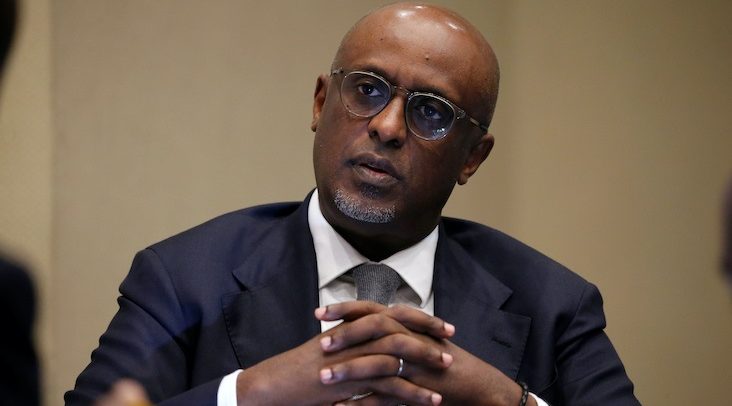

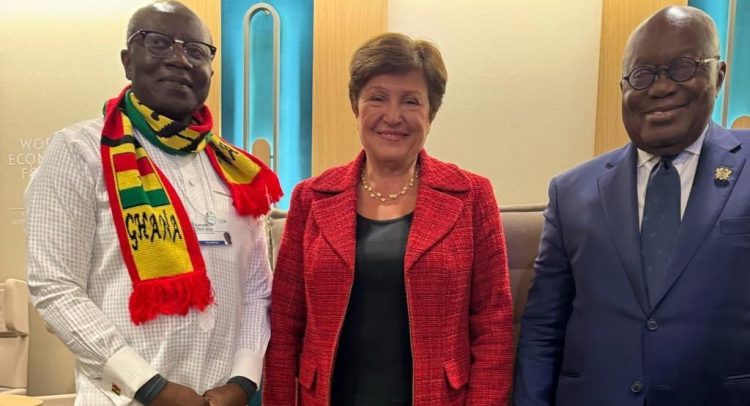
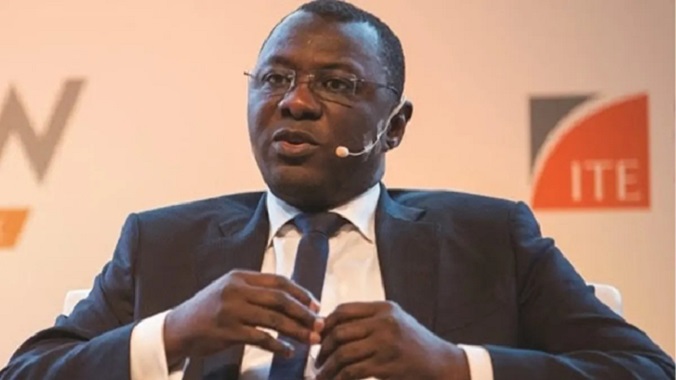



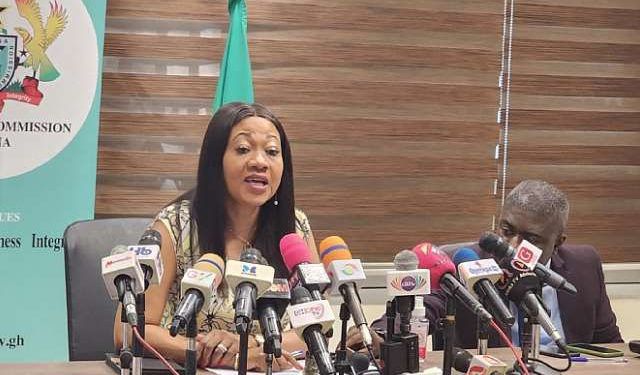
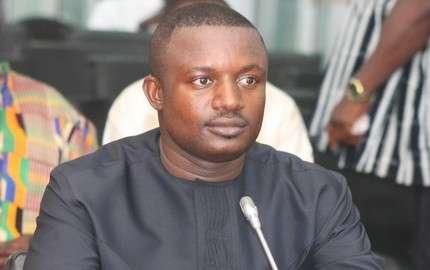
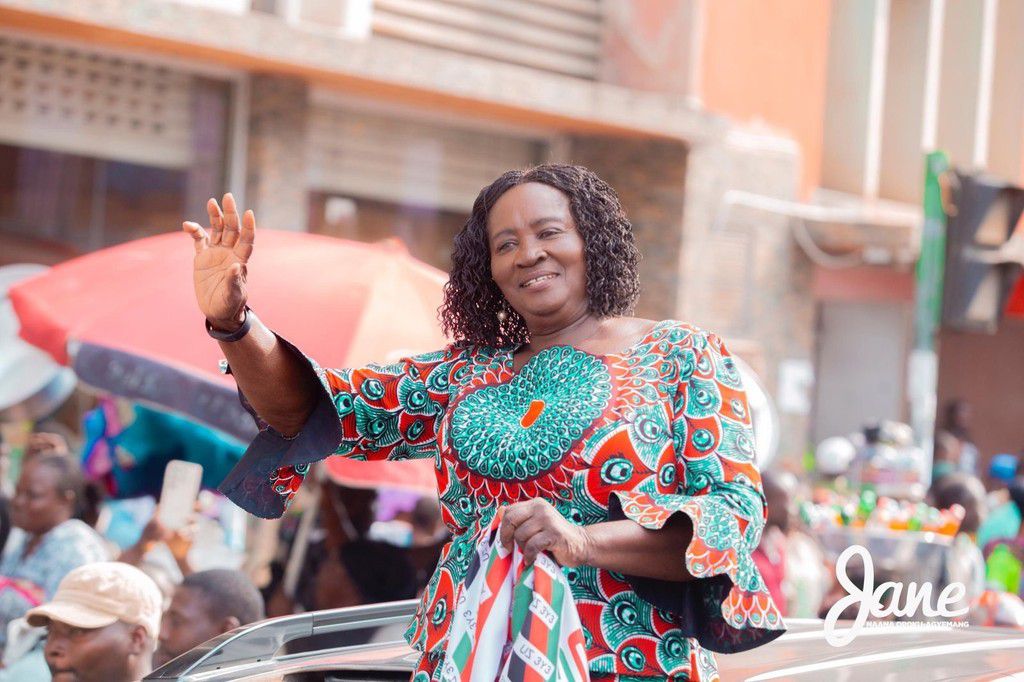


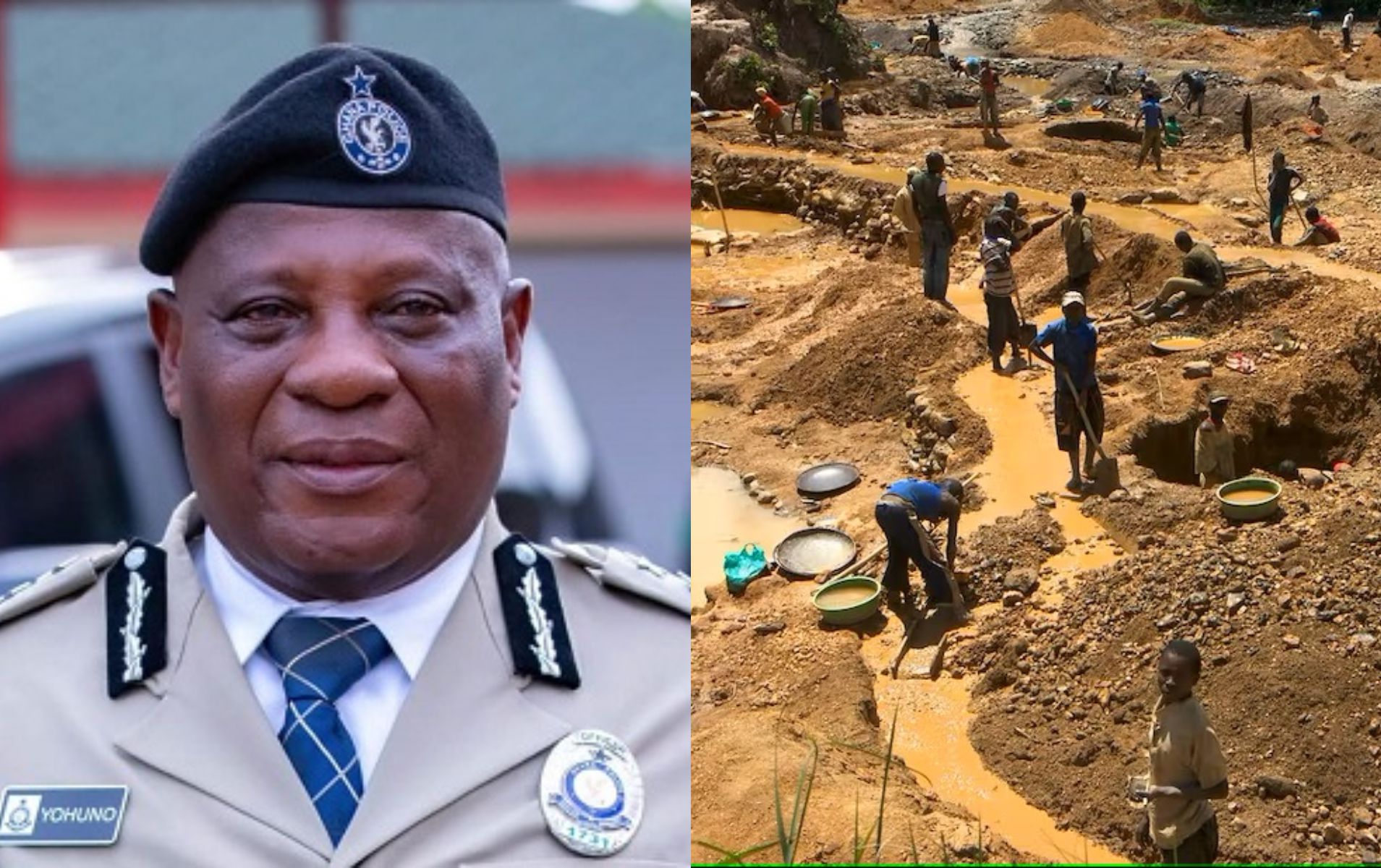
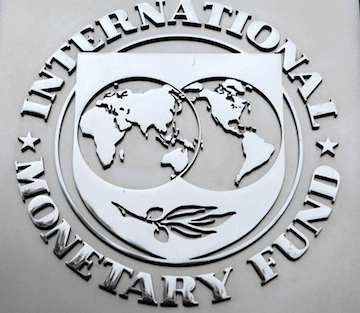



Facebook
Twitter
Pinterest
Instagram
Google+
YouTube
LinkedIn
RSS